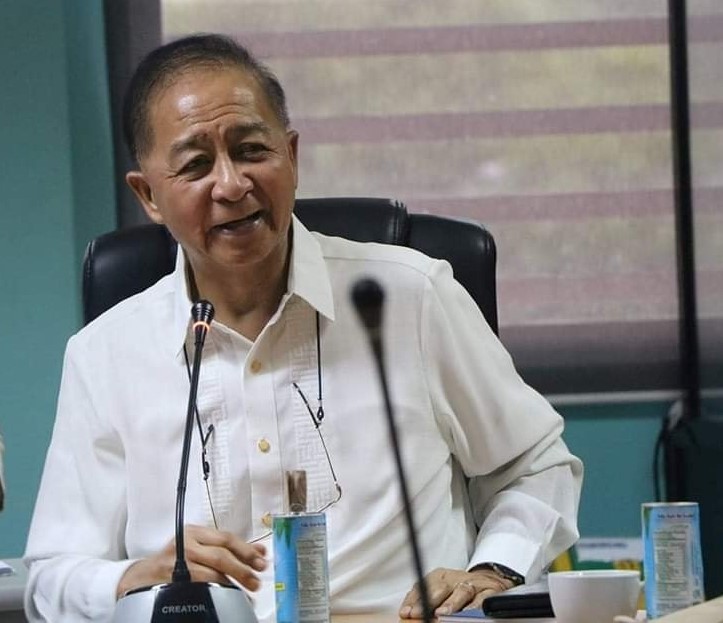
BY LEANDER C. DOMINGO
BAYOMBONG, Nueva Vizcaya: At least 10 tribal groups in the province will be recipients of free education particularly their young people through a government scholarship program for Indigenous Peoples (IP) communities, according to Governor Carlos Padilla.
Padilla said the Commission on Higher Education (CHEd) and Unified Student Financial Assistance System for Tertiary Education (UniFAST) chaired by Dr. Prospero De Vera 3rd will increase the scholarships for students in IP communities.
He said the IP communities in the province who will benefit from the scholarship program include the Ayangan, Bugkalot, Gaddang, Ikalahan/Kalanguya, Ibaloi, Isinai, Iwak, Tuwali, Kankaney and Kalinga.
De Vera announced the increased attention for IP students during his meeting with Padilla, IP Board Member Sammy Balinhawang, Santa Fe town Mayor Tidong Benito and leaders from the 10 tribal groups. The meeting was recently held in the upland barangay of Malico in Santa Fe.
He said the scholarship is made possible with the continued funding support for the Universal Access to Quality Tertiary Education (UAQTE) law or Republic Act (RA) 10931 under the 2021 General Appropriations Act.
“President Rodrigo Roa Duterte has signed the 2021 GAA recently which increased funding for the Tertiary Education Subsidy (TES) which now includes the Tulong Dunong program,” De Vera said.
He said RA 10931 or the UAQTE law now provides financial assistance to close to 1.8 million students in public and private colleges and universities through free tuition and miscellaneous fees and the TES.
In Nueva Vizcaya, there were 1,660 TES beneficiaries of the 16,118 students in Region 2, many of them are from the IP areas.
De Vera said many of the needy and deserving IP students are unable to avail of the TES because of lack of information and the inability of government agencies to include them in their welfare list because they live in remote upland areas.
“UniFAST and CHEd must now meet and link with local governments and IP groups who can assist in information dissemination and identification of beneficiaries,” he added.
Meanwhile, De Vera lauded the support of Padilla and Balinhawang for bringing together the leaders representing the different tribal groups in Nueva Vizcaya and neighboring provinces.
A well-known education advocate who co-chaired the Congressional Commission on Education, Padilla worked for the creation of CHEd, Technical Education and Skills Development Authority and Department of Education.
Meeting with tribal group leaders, De Vera said CHEd and UniFAST can explain the Free Higher Education program and get their support in identifying needy students who can be assisted by the government.
He said the number of beneficiaries from IP communities must increase, consistent with the dictum that those who have less in life must have more in law.
“I will be visiting and meeting with more IP leaders and local governments in the coming months so UniFAST can fully implement the commitment of President Duterte for our young people to complete their education,” De Vera said.
